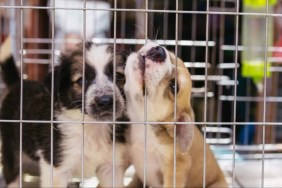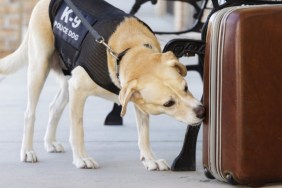The Canadian Food Inspection Agency announced its plan to ban dogs from over 100 countries that are at high-risk for rabies. Not without backlash, the ban goes into effect on September 28, otherwise known as World Rabies Day.
The ban covers more than half of the world’s countries, scattered across several continents. It extends to Africa, Latin America, the Caribbean, Asia, the Middle East, and parts of eastern Europe, including war-ravaged Ukraine.
The controversial decision garnered mixed reactions from pro-dog organizations.
The Backlash
According to Toronto Humane Society CEO Phil Nichols, the ban has been in the works for the last six years and should not come as a surprise. Nichols cited several concerning incidents that prompted the decision. In July of 2021, Toronto saw an outbreak of rabies caused by dogs imported from Iran. In 2020, 500 French bulldogs imported from Ukraine to Toronto arrived in filthy condition. Of those 500, 38 died in transport.
Consequently, Nichols explained that strengthening regulations may help decrease puppy mills domestically and abroad.
However, not all dog rescuing organizations are happy. Jeffrey Beri, founder of the North American rescue No Dogs Left Behind, has a differing opinion. He calls the ban “a devastating blow to the rescue” that “literally shuts the doors in the face of survivors who are destined to be slaughtered.”
Does the Ban Apply to All Dogs From Listed Countries?
The ban applies to “commercial” dogs, not dogs returning or moving to Canada with their pet parents. According to the ban, “commercial” dogs are “intended for purposes such as being given/transferred to another person, resale, adoption, fostering, breeding, show or exhibition and research.”
Additionally, a similar plan implemented by the Center for Disease Control and Prevention in the U.S. will now allow dogs with inoculations from a U.S.-licensed veterinarian to return from 113 banned countries. Other qualifications include a microchip and a valid U.S.-issued rabies vaccination certificate.









